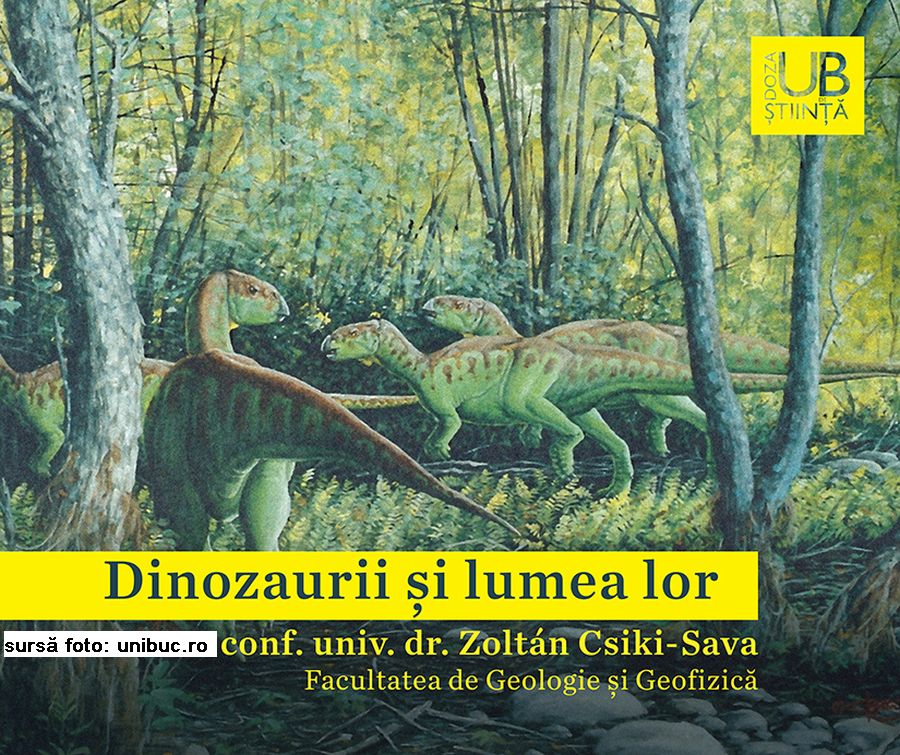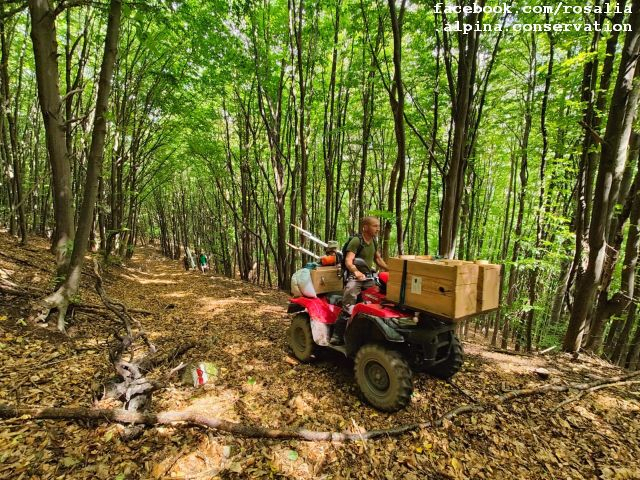A Campaign to Protect Waters
Efforts are being made at national level to implement a European Directive in the field of water protection
Warning: Trying to access array offset on null in /home/web/rri.ro/public/wp-content/themes/rri/template-parts/content.php on line 53

Warning: Trying to access array offset on null in /home/web/rri.ro/public/wp-content/themes/rri/template-parts/content.php on line 98
România Internațional,
26.10.2018, 12:10
Most bodies of water in the EU are in
poor ecological condition, according to the latest study run by the European
Environmental Agency between 2010 and 2015. 130,000 water bodies were analyzed,
leading to the conclusion that deterioration is the rule, rather than the
exception, in the EU, where bodies of water have been getting worse at an
alarming rate. It was also shown that in East European countries rivers and
lakes are cleaner than in West European countries, where population density and
agriculture are the worst chemical polluters. The situation is no better at
world level. Experts warn that the planet is headed towards a drinking water
crisis, if urgent measures are not taken. The UN reckons that by 2050 around
five billion people will be exposed to water shortages. A report of the World
Bank shows that around 70 major rivers around the world have run dry, due to
irrigation and excessive consumption.
The countries of
the European Union observe the framework directive aimed at protecting and
restoring aquatic ecosystems. Pollution is still a reality for many rivers,
coastal areas, and underground pockets. Mercury and cadmium are among the main elements
responsible for chemical pollution. Here is Camelia Ionescu, national
coordinator for the Romanian branch of the World Wildlife Fund:
Only 40% of European bodies of water are in a good or very good state.
The evaluation criteria for rivers are a part of existing legislation, the
framework directive relevant to water, and additional legislation associated
with the directive. The study took into account physical and chemical criteria,
the way in which rivers are stifled by human activity, of concrete
interventions such as dam building and diverting, etc. All these criteria were
examined by each country when evaluating their rivers. One conclusion was that
many things were not taken into account when the directive was applied starting
the early 2000s. The directive draws clear targets for the well-being of bodies
of water, but it was not observed. Many countries relied on postponing the
deadline for reaching these objectives, and took advantage of many exceptions
to the rules. These countries lacked ambition, and also lacked vision in terms
of investing in various measures, in order to have the rivers get better. It is
true, at the same time, that exceptions are available until 2027, but by that
time we were supposed to have better rivers in Europe, ecologically speaking.
The report by the European
Environmental Agency shows that bodies of water in Romania are largely clean,
with major investments being made in this sector of late. 287 towns and
villages received funds for restoring and expanding infrastructure for water
supply and treatment. 2.7 billion Euro have been allocated to this sector for
the 2014-2020 period, with 4 new projects being approved, one major investment
project being allocated 200 million Euro in European funds, aimed at the
capital Bucharest. Here is Camelia Ionescu:
Romania has a higher quality of water than the European average.
Basically, we still have rivers that are in a good state, but we also have a
lot of threats in terms of pollution sources, farming, for instance. I believe
that the entire territory has been declared an area sensitive to nitrites from
farming sources, with underground sources being contaminated with these
substances. There are many cases where tapping into wells for drinking water is
impossible. The farming system has to be reorganized to protect water sources.
The European water directive is
right now in a so-called fitness check. This is a procedure to analyze the
relevance, effectiveness and coherence, as well as the added value of the
directive at EU level, a process that also includes a public consultation
launched in September 2018. Around 100 NGOs are taking part in the protection
and consolidation of this directive, launching a campaign calling on the European
Commission to defend the framework directive in its present state, even if
member states want the provisions relaxed. Here is Camelia Ionescu:
In this process of evaluation there is a component by means of which
all citizens can express their position and ideas, and can express their
opinions on the way water is managed. This is the moment when citizens can talk
to the European Commission, as well as national and European authorities, about
the way in which they see the implementation of directives and the protection
of rivers. What we know is that this directive has been giving headaches to a
lot of users and certain authorities in various countries. The intention is to
adjust and modify the directive. Our fear is that these changes would lead to
reduced targets, and a relaxation in terms of water management.
Public consultations are scheduled
to be held until March 4, 2019.
(Translated by C. Cotoiu)






























